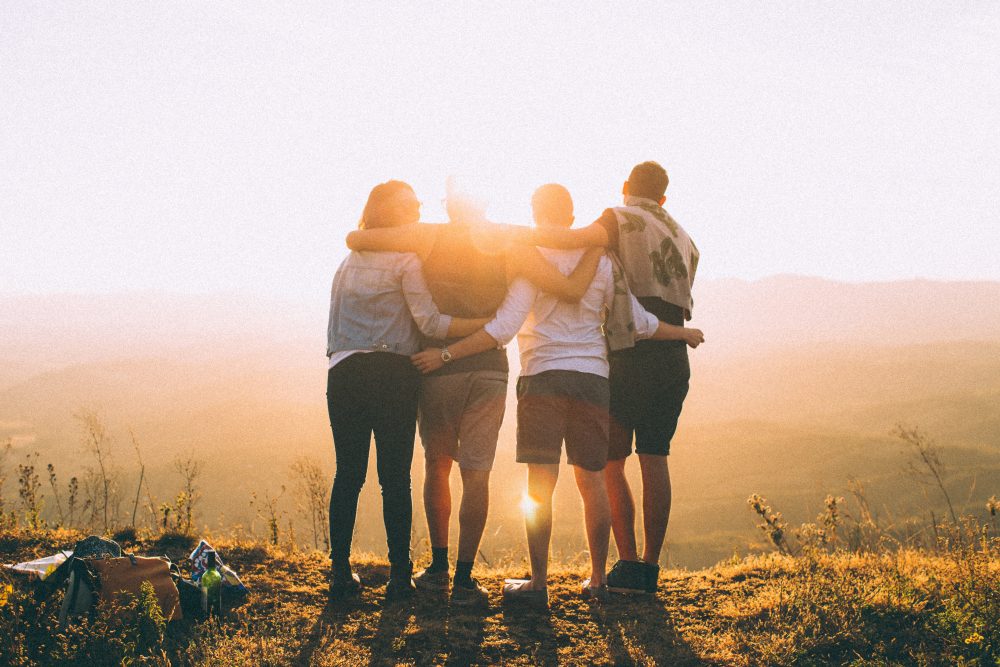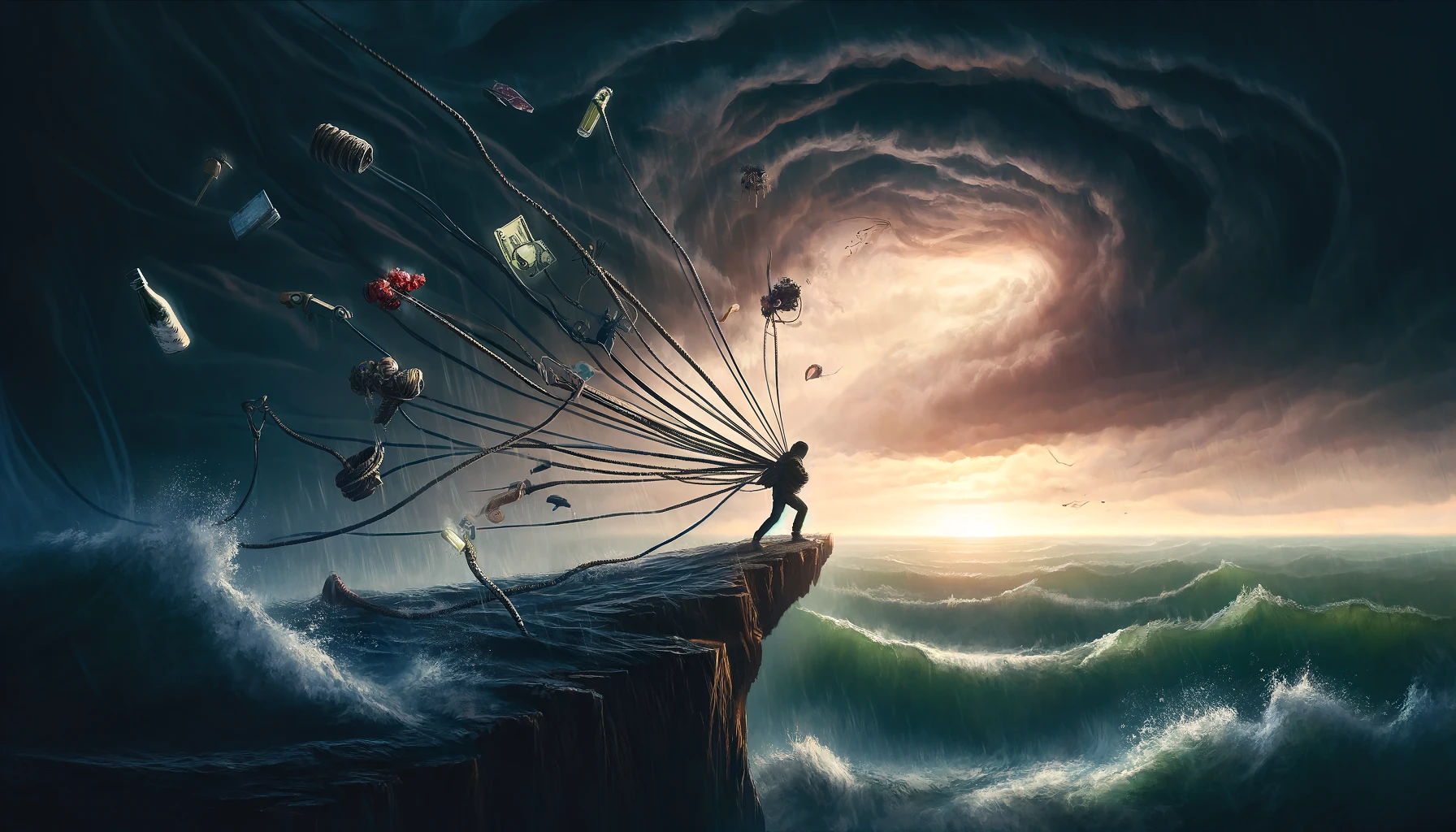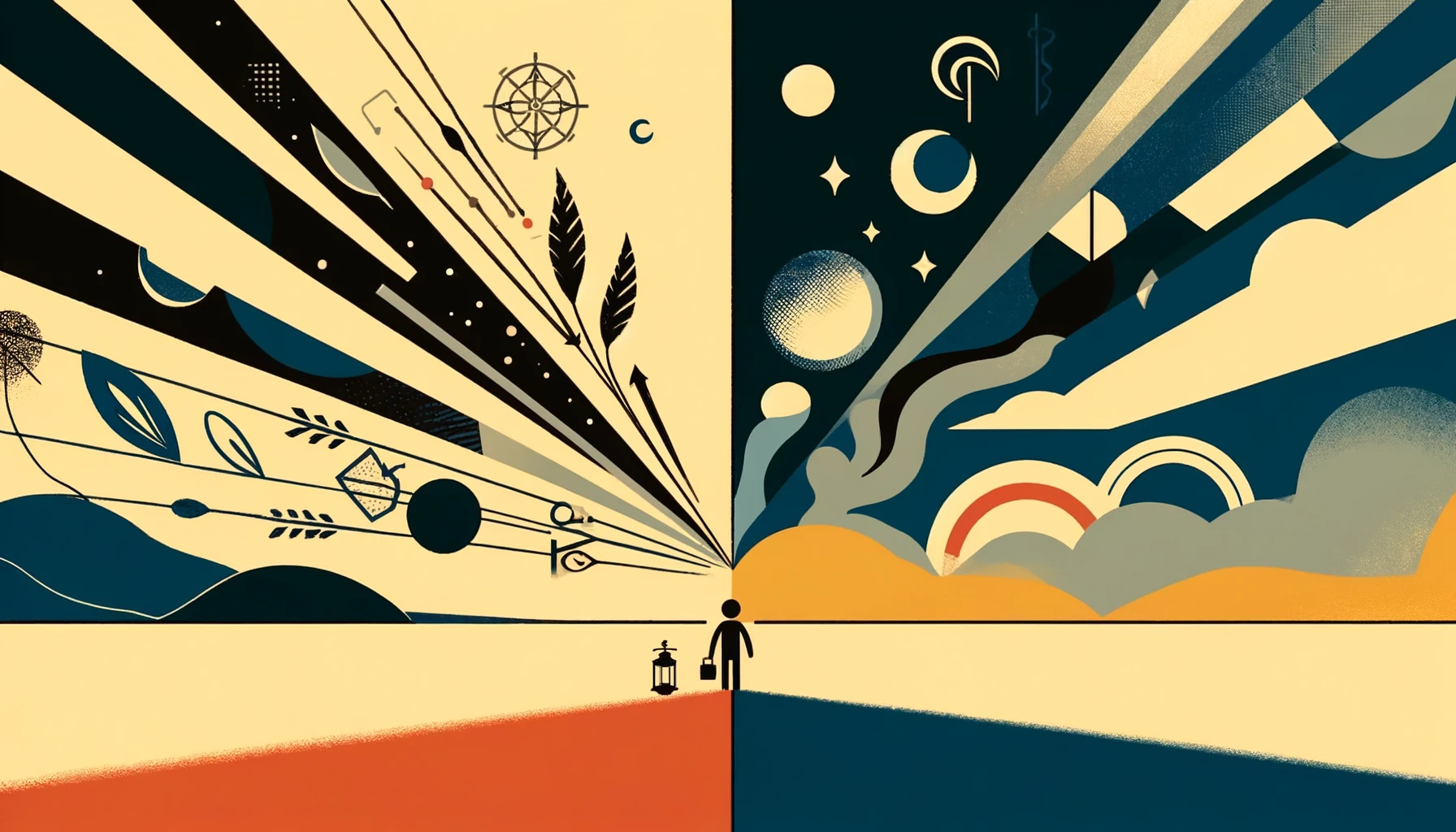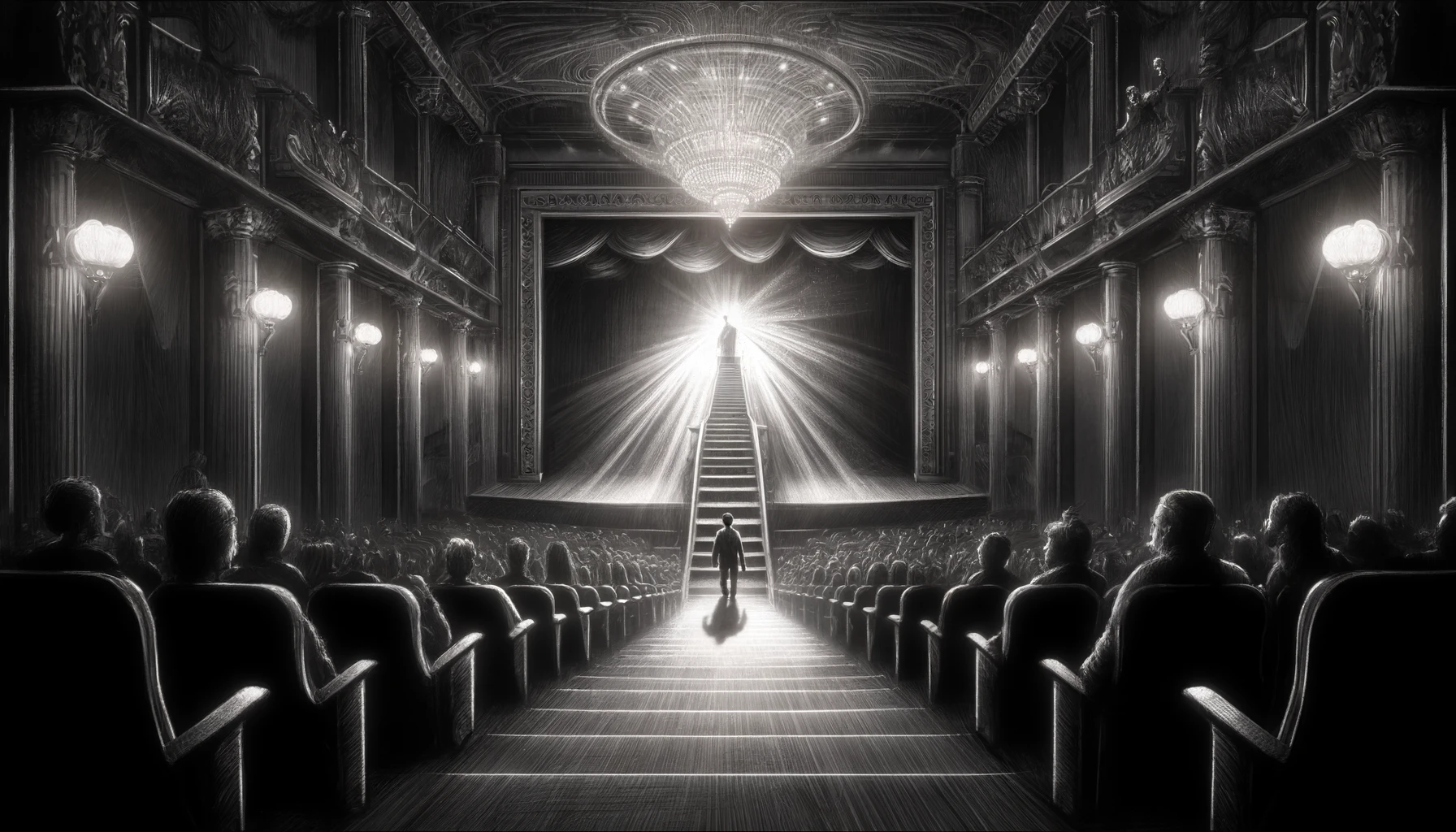In honor of Recovery Month, we asked you to send us your stories about the impact community, nutrition or environment has had on your life since you put down substances and picked up life. Winners are not only receiving copies of our book, The Miracle Morning for Addiction Recovery, but are also being published here on the site.
This week we have Terra Brooke.
Community was the antidote, for me, to the belief that something was fundamentally wrong with me and if I could just fix myself, everything “out there” that wasn’t working for me would be OK.
Community saved me when I felt most alone. Sometimes, often, I would pay people to be part of my community. Mentors and guides would accompany me into the trenches of what lay in my subconscious, and help to change my beliefs and create a new world. They gave me perspective on the confusion happening “out there.” They let me know I was not crazy and that I was pulling away from a disorganizing reality.
Divorce was one part of my transformational crucible. My community was my friend, Geri, who let me stay on her couch, many times, and listened to me when I was frantic, overwhelmed, and sad. My community was my attorney who walked me to the elevator as I sobbed and said, “You know Terra, we are going to be friends.” It was my accountant. It was financial advisors I hired who told me that I inspired them and who didn’t shame me for what I didn’t know, but guided me with respect and care.
Community was random people who connected with me. It was people I met when I began to study co-dependency. It was my co-dependency coach. It was myofascial body workers who held a space for unconscious body memories to emerge and who taught me how to be with them. It was uncles who cared for me when the core of my family and I were estranged. And community evolved.
As I continued to take classes, community became people I studied with on-line and worked with on Zoom. Community became people around Europe, Canada, and the US who offered me support and places to stay. Community became people in my exercise classes. And for sure, community became various coaches, shamans, people I met who were in recovery and recovery programs, psychics, and healers. All of them were part of my community.
But most of all, community has come to be myself. I have learned to love myself and to be my own company and to notice tender, young parts when they arise and hold them gently and with care.
As deep shame and grief arise, I don’t believe healing is possible without community. My frozen places and trapped emotions need community, a loving presence who stays through my most difficult moments, in order to re-wire my nervous system. I know I need encouragement as well and to see that at what may feel like the darkest, most challenging places, there is still a path and hope. I need people who truly care and have the depth and capacity in themselves to touch what surfaces. There is no substitute. I need community to teach me so I have the satisfaction of doing this for others.
And now I am able to stand where once, I needed to lean.



